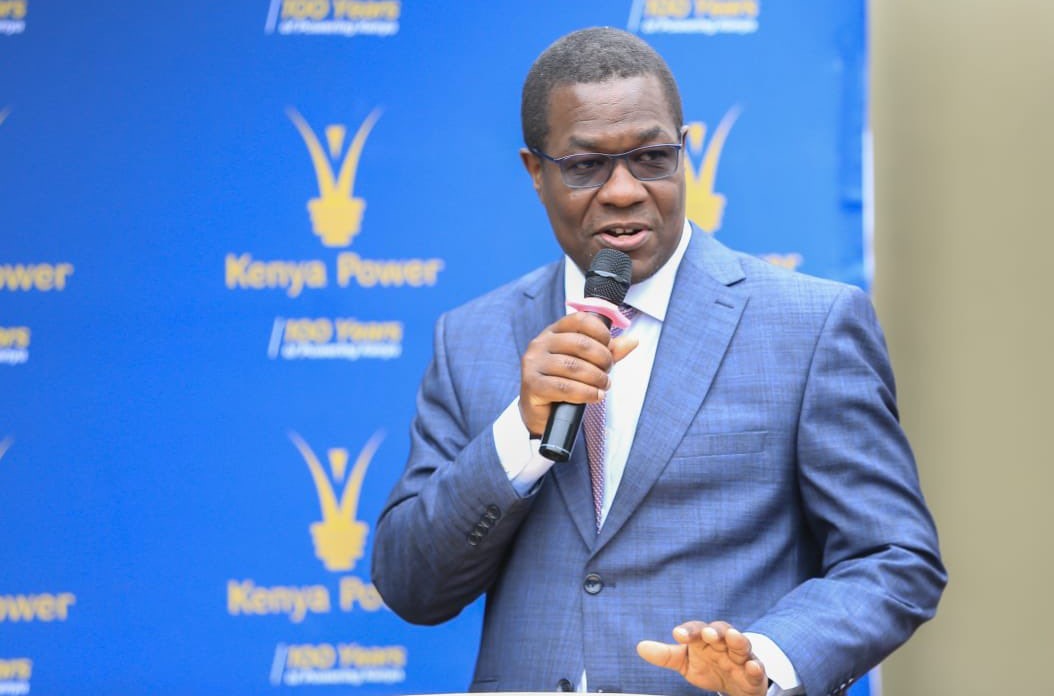MPs reject request for new power purchase agreements in bid to protect taxpayer

The ministry had sought to lift the moratorium specifically on coal-fired power plants, noting that there's an urgent need to expand power sources to meet Kenya’s increasing energy demands.
Members of Parliament have rejected the Ministry of Energy's request to allow new power purchase agreements (PPAs), raising concerns over inadequate safeguards to protect taxpayers from potential exploitation by private investors.
The ministry had sought to lift the moratorium specifically on coal-fired power plants, noting that there's an urgent need to expand power sources to meet Kenya’s increasing energy demands.
More To Read
- MPs fault State officers over mismanaged road projects
- MPs warn Sh2.4 billion tax dispute between KRA and NG-CDF could paralyse constituencies
- Kenya moves to end power shortages and lower electricity costs
- MPs push for completion of police housing units within station compounds
- CS Wandayi, senators clash over county wayleave fees in Energy Bill debate
- MPs grill SHA over Sh91m legal costs, disputed Karen land and stalled NHIF projects
Key committee chairs in Parliament voiced objections during a National Assembly leadership retreat in Naivasha, attended by Energy and Petroleum Cabinet Secretary Opiyo Wandayi. They insisted that stringent measures must be implemented first to prevent new projects from disproportionately benefiting investors at the expense of public interest.
Mwala MP Vincent Musyoka, chair of the National Assembly’s Departmental Committee on Energy, argued that the original reasons for the moratorium, established by former President Uhuru Kenyatta's 'PPA Taskforce' in September 2021, have not been adequately addressed.
He stressed the necessity for Parliament to be fully involved in decisions regarding PPAs.
“It was not without cause that honourable Jane Kagiri tabled a motion leading to a moratorium on new PPAs. The question is whether those initial concerns have been addressed. The answer is no,” Musyoka said.
Emuhaya MP Omboko Milemba reiterated that the moratorium was put in place because previous PPAs were unfavourable, resulting in higher costs for Kenyans.
Despite the Cabinet’s approval to remove the moratorium in February 2023 to help reduce costs for the heavily indebted Kenya Power, lawmakers said they are adamant that no relaxation should proceed until sufficient protections are established to prioritise taxpayer welfare and national interests.
President William Ruto had defended the government's policy on PPPs to finance the national development agenda, stating that these partnerships aim to prevent the government from placing additional tax burdens or loans on Kenyans for development projects.
Ruto highlighted that PPP agreements have facilitated the implementation of significant projects, citing the Standard Gauge Railway as an example.
He spoke during the groundbreaking ceremony for the 35MW Orpower 22 Geothermal Power Plant in Menengai, Nakuru County.
“It is important to appreciate that the partnership between the public and private sectors yields a win-win outcome for delivering public services through the efficiency and investment of the private sector,” he said.
He emphasised the Sh12 billion investment by the Kaishan Group, which he said reflects the confidence foreign investors have in Kenya.
He said the government's plan is to collaborate with the private sector to harness Kenya's geothermal potential, which he explained is crucial for achieving the goal of a 100 per cent clean energy grid by 2030.
He announced that the 105MW Menengai project would elevate Kenya’s global ranking in geothermal production to fifth overall, demonstrating that economic growth can coincide with clean energy development.
The Orpower Twenty-Two plant is the third facility within the Menengai 105MW complex.
“The commencement of this project underscores our commitment to unlocking Kenya’s vast geothermal potential to drive economic growth,” he said.
He called on private investors to explore geothermal energy fully, noting that only 10 per cent of the country's geothermal resources have been tapped so far.
“We have harnessed only 950MW, a small fraction of our geothermal potential of nearly 10,000MW, leaving significant opportunities still untapped,” he said.
Top Stories Today










































